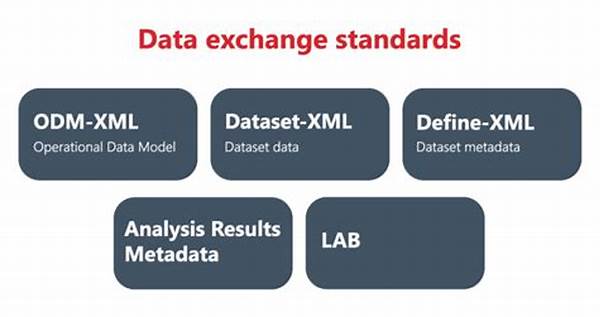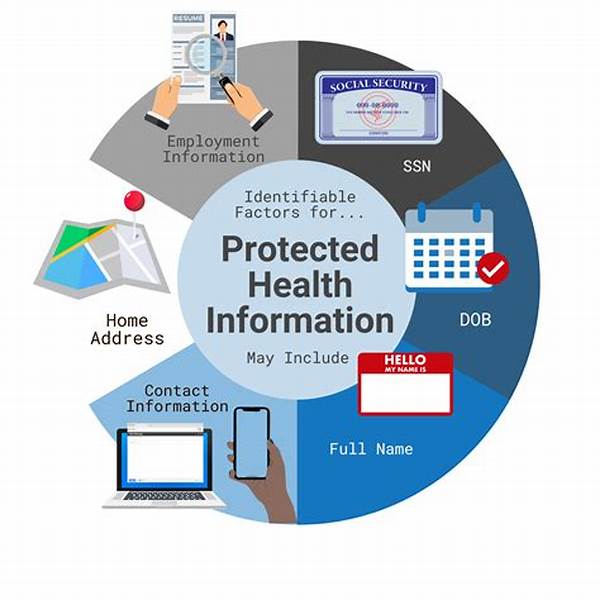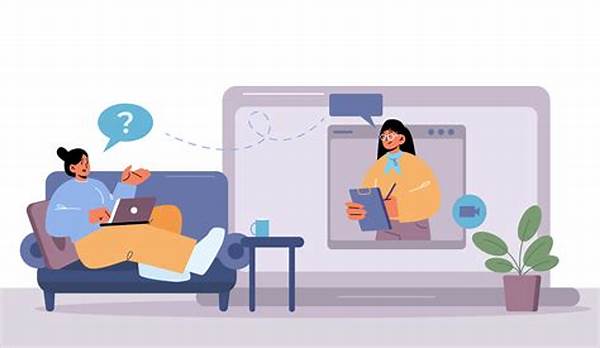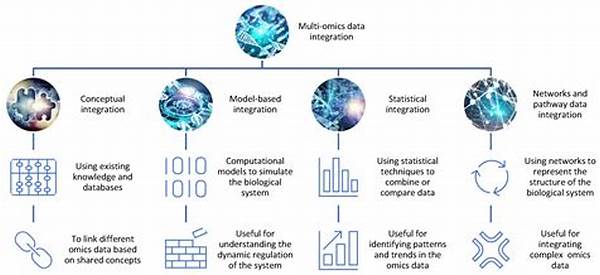In a world where the line between the digital and physical realms blurs more with each passing day, the emergence of digital mental health tools heralds a new era in mental wellness. It’s a story that starts in the quiet hum of computers, as tech innovators and mental health professionals converge on a shared vision: to make mental health accessible to all, irrespective of geography or socio-economic barriers. These tools range from simple mobile apps offering meditation practices to complex platforms providing virtual therapy sessions. They unfurl a tapestry of opportunities that invite us to reimagine how we nurture our mental health in today’s fast-paced environment, unveiling a new chapter in the journey to understanding the human psyche.
The Emergence of Technology in Mental Health
The journey into digital mental health tools unfolds against the backdrop of a technological revolution that has swept across all facets of daily life. Picture a scene where individuals once isolated by geography, stigma, or financial means now find a bridge to support and healing through their smartphones and computers. The story begins with a need—a universal human quest for mental well-being—and the realization that traditional approaches cannot always meet the demand.
In bustling cities and rural enclaves alike, digital platforms are becoming sanctuaries where people can learn, engage, and heal. With the click of a button, a young woman grappling with anxiety in her apartment in Tokyo connects with a mindfulness app that guides her through breathing exercises. Across the globe, a retiree in a small European village benefits from an online support group, finding solace in shared experiences. These digital mental health tools are rewriting the narrative, turning isolation into connection, and inaccessibility into opportunity. As we navigate through this digital landscape, we find the fabric of mental health care rich with innovation, promising new paths toward healing for diverse communities worldwide.
The Impact of Digital Mental Health Tools
Digital mental health tools have revolutionized access to care, providing a lifeline to those in remote areas without traditional services. Online platforms enable users to engage with mental health resources from the comfort of their homes.
These tools empower individuals to take control of their mental health journey, offering personalized strategies and interventions. Whether it’s mood tracking or cognitive behavioral therapy (CBT) exercises, the possibilities are vast.
Language barriers dissolve as these tools embrace multilingual user interfaces, making mental health resources accessible to a global audience. This inclusivity brings hope to many individuals seeking understanding and support.
Affordability is another key element. Many digital mental health tools offer free or low-cost options, eliminating the financial hurdles that often prevent people from seeking help, allowing more people to prioritize their mental well-being.
Lastly, these tools offer anonymity, a crucial factor for individuals hesitant to speak out due to stigma. Anonymity can create a safer space where users feel more comfortable exploring their mental health needs openly.
Challenges and Criticisms
As promising as digital mental health tools are, they are not without their challenges. Consider the world of data privacy—a landscape fraught with concerns about user information security. This burgeoning field demands robust protection measures to ensure user confidentiality.
Additionally, the reliability of certain tools can sometimes be a question mark. In the race to meet demand, not all digital solutions are crafted with the same rigor and evidence-based backing. As we wade deeper into this digital domain, identifying quality and effective resources becomes crucial. Yet, amidst these challenges, there lies opportunity: an ongoing dialogue among developers, healthcare practitioners, and policymakers aimed at refining and improving these digital tools. This collaborative effort ensures that the narrative of digital mental health tools continues to evolve, touching lives positively and offering hope for a brighter, more mentally well future.
The Role of Innovation in Transforming Mental Health Care
Innovation plays a pivotal role in the evolution of digital mental health tools. Here are 10 ways this transformation is occurring:
1. Innovative AI algorithms personalize mental health treatments.
2. Virtual reality experiences offer immersive therapy sessions.
3. Chatbots provide instant support, mimicking real-life interactions.
4. Data analytics track trends, offering insights into mental health progress.
5. Gamification principles motivate users towards wellness.
6. Wearable tech monitors physiological responses linked to mental health states.
7. Digital platforms provide scalable solutions for mental health care.
8. Tech-enabled communities foster peer support and connection.
9. Cloud-based systems facilitate seamless access to mental health resources.
10. Teletherapy bridges gaps, bringing professional guidance into homes worldwide.
These innovations are the spirit of digital mental health tools—an ongoing commitment to breaking barriers and enhancing mental health care access and effectiveness.
The User Experience of Digital Mental Health Tools
In the bustling heart of a sprawling metropolis or the quiet calm of a rural village, the experience of using digital mental health tools is one that unites people despite their different backgrounds. Imagine opening an app, and with a single touch, accessing a world of resources designed to soothe minds, bring clarity, and enhance mental well-being.
These tools often begin their interactions with user-friendly interfaces, guiding users gently through a myriad of options, from mindfulness exercises to peer support networks. As John, a busy professional, navigates the app, he discovers a mindfulness meditation that quickly becomes a fixture in his morning routine. For Sarah, a college student miles away from home, a digital platform offers a community where she connects with others and shares her struggles and triumphs.
Each user’s journey with digital mental health tools is uniquely their own—a tapestry woven with personalized insights and recommendations. The comforting echo of a therapist’s voice in a virtual session, the empowering reminder to practice gratitude, or the simple act of journaling emotions—all become pivotal moments in the narrative of mental wellness these tools foster. Together, they craft a powerful and personal experience, bringing individuals closer to their mental health goals.
The Future of Digital Mental Health Tools
The story of digital mental health tools is just beginning, with vast possibilities on the horizon. The fusion of technology and mental health continues to innovate, pushing boundaries and forging new paths to mental wellness.
Imagine a future where wearable technology seamlessly integrates with digital platforms, providing real-time data to enhance mental health care delivery. These advancements hold the promise of highly individualized care, tuned to the unique rhythm of each individual’s mental wellness journey. With every technological leap, digital mental health tools evolve, inspiring hope for a future where mental health care knows no bounds.
As we stand on the cusp of this future, one thing remains certain: digital mental health tools will play a crucial role in transforming mental health care, offering new and empowering ways to navigate the complexities of the human mind and spirit.
Summary
Digital mental health tools have emerged as powerful allies in the pursuit of mental wellness, revolutionizing access to care and transforming the way individuals experience and engage with their mental health. Through their innovative designs and functionalities, these tools break down the barriers of geography and stigma, making mental health resources more accessible and inclusive.
The evolution of digital mental health tools witnesses a collaborative narrative, one where technology and mental health converge to weave innovative solutions. As we move forward, these tools not only promise but also deliver a future where mental health care is adaptable, personalized, and omnipresent, offering hope and healing to individuals around the world. While challenges such as data privacy and the reliability of certain applications exist, the relentless drive for improvement ensures that digital mental health tools remain pivotal in the ongoing journey toward universal mental wellness.





